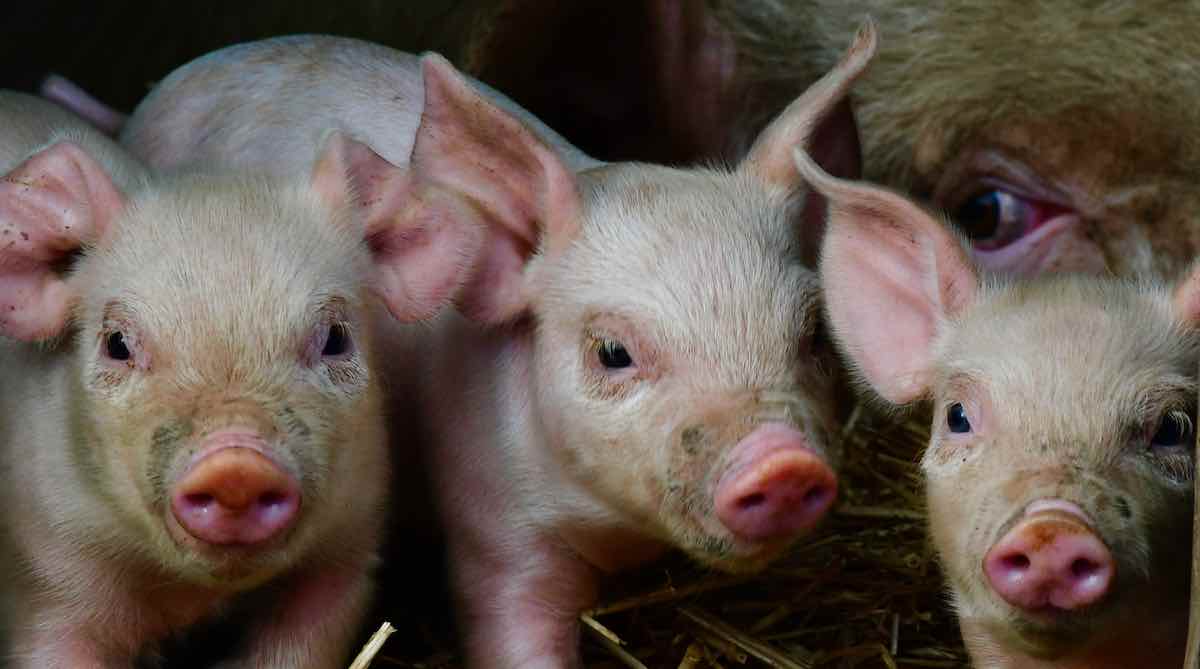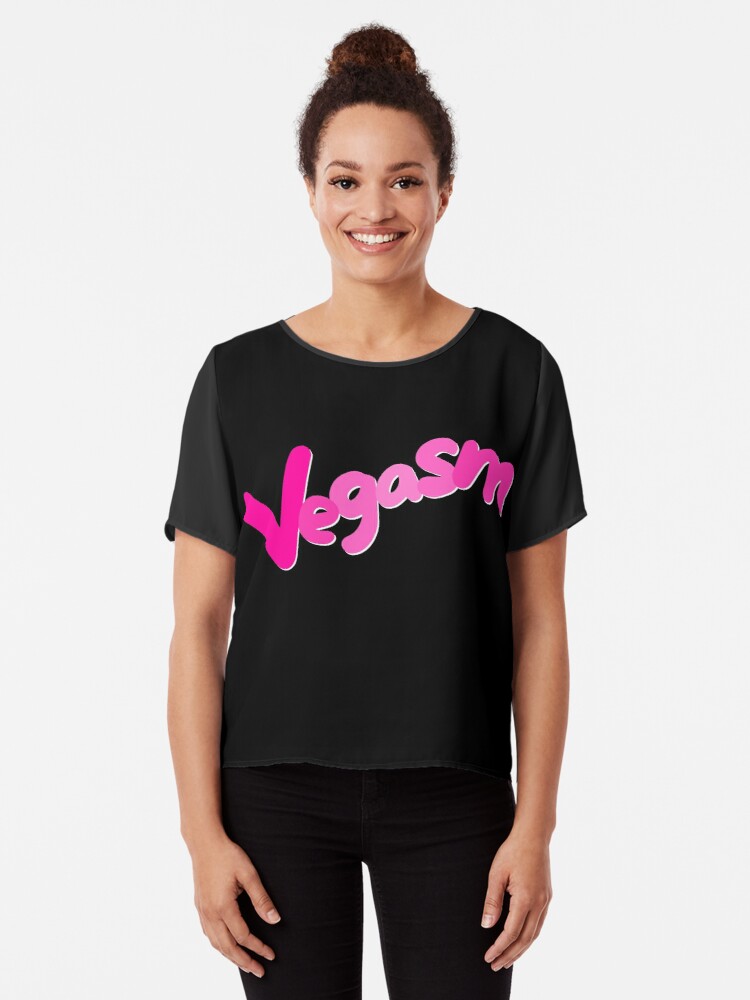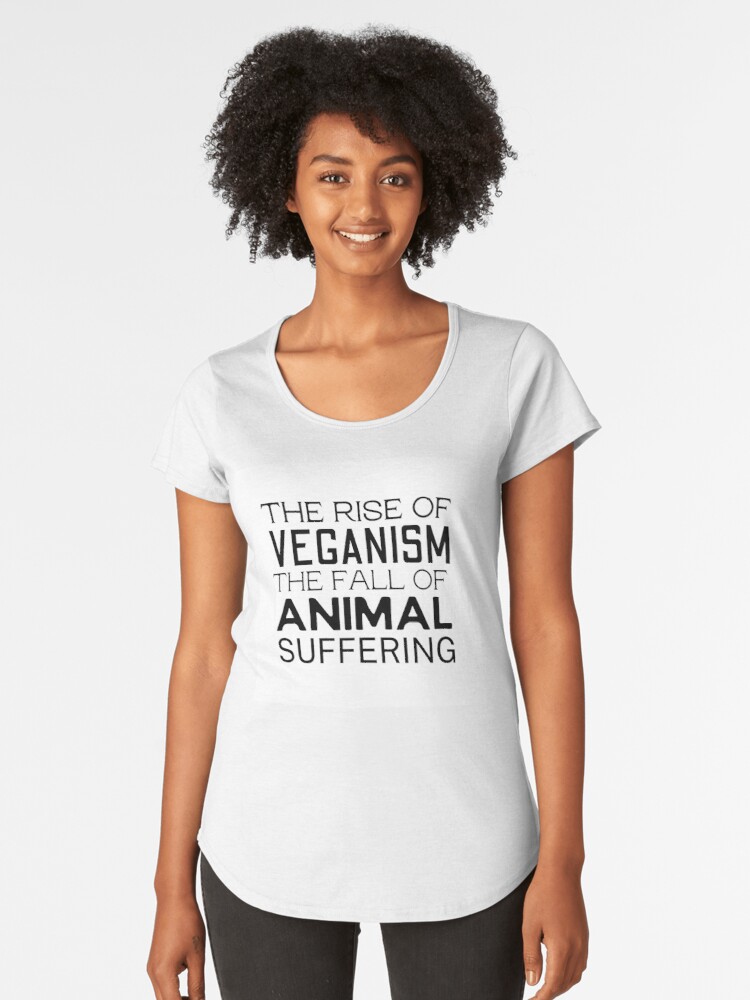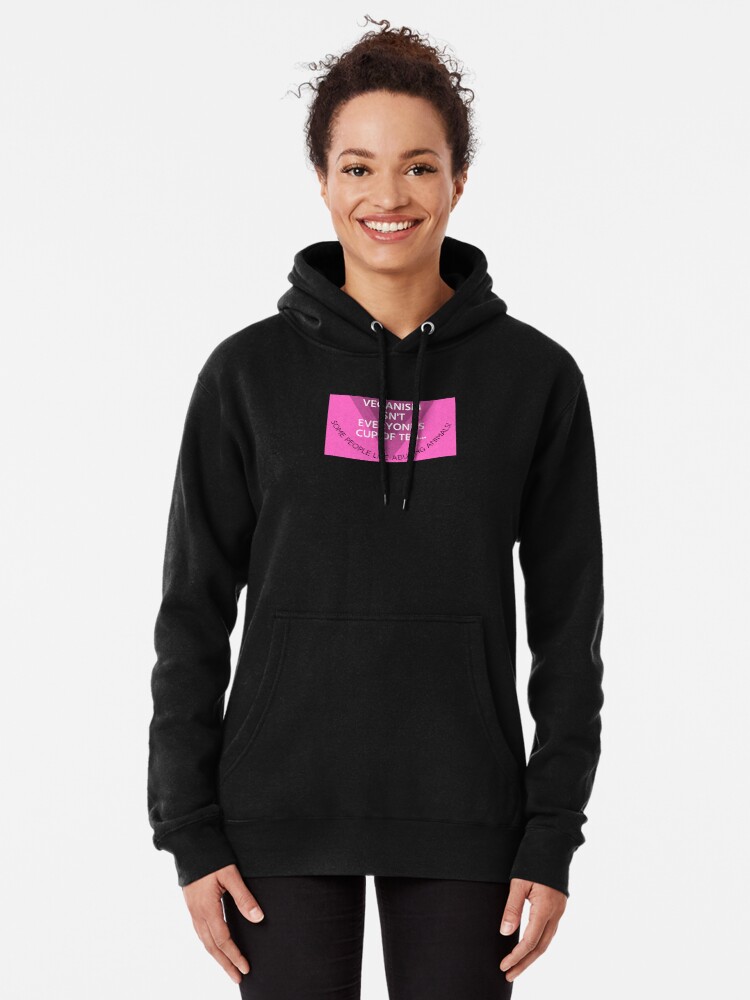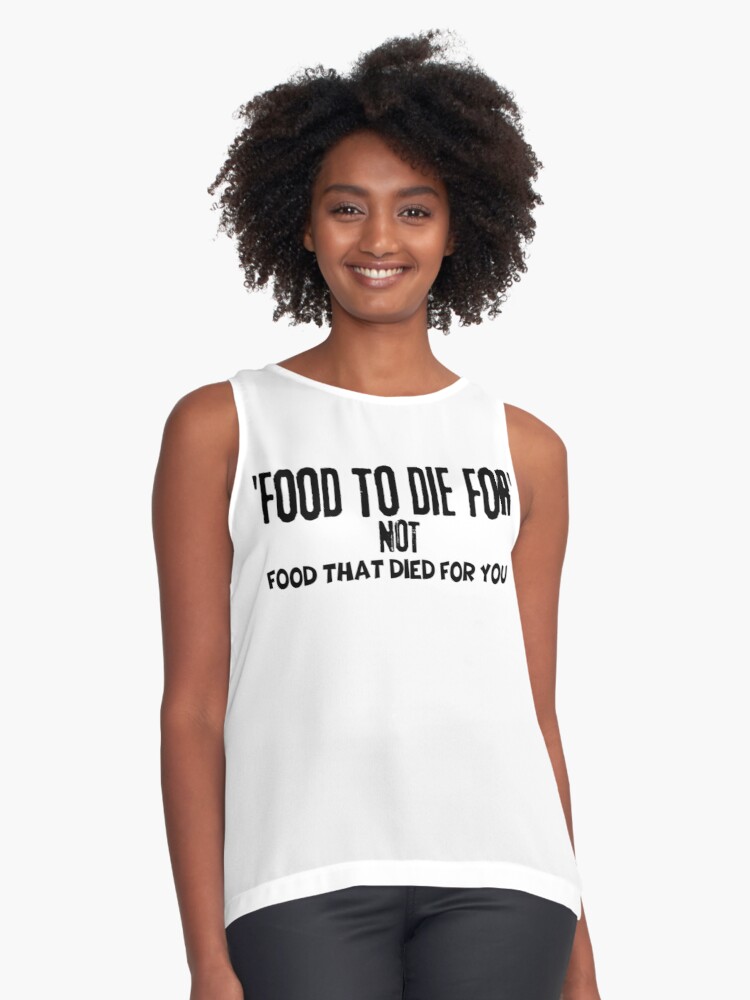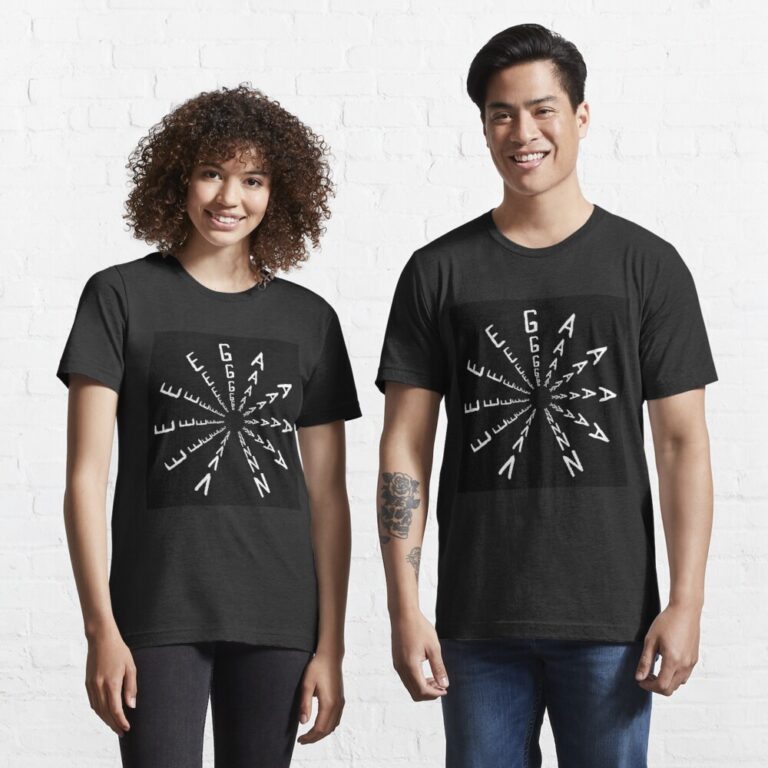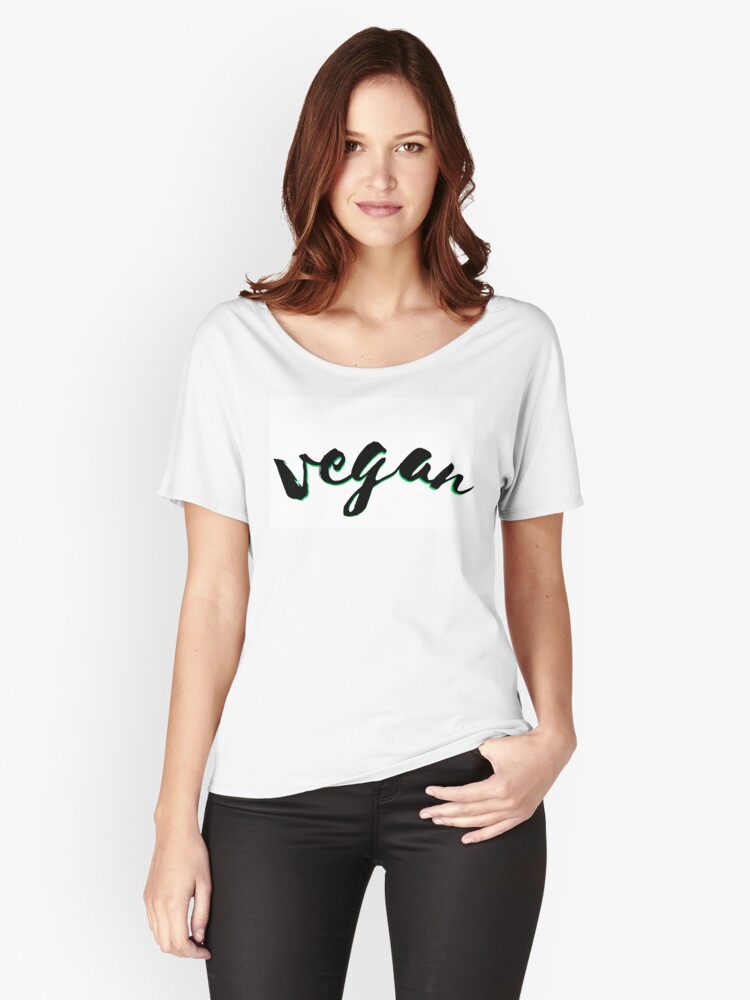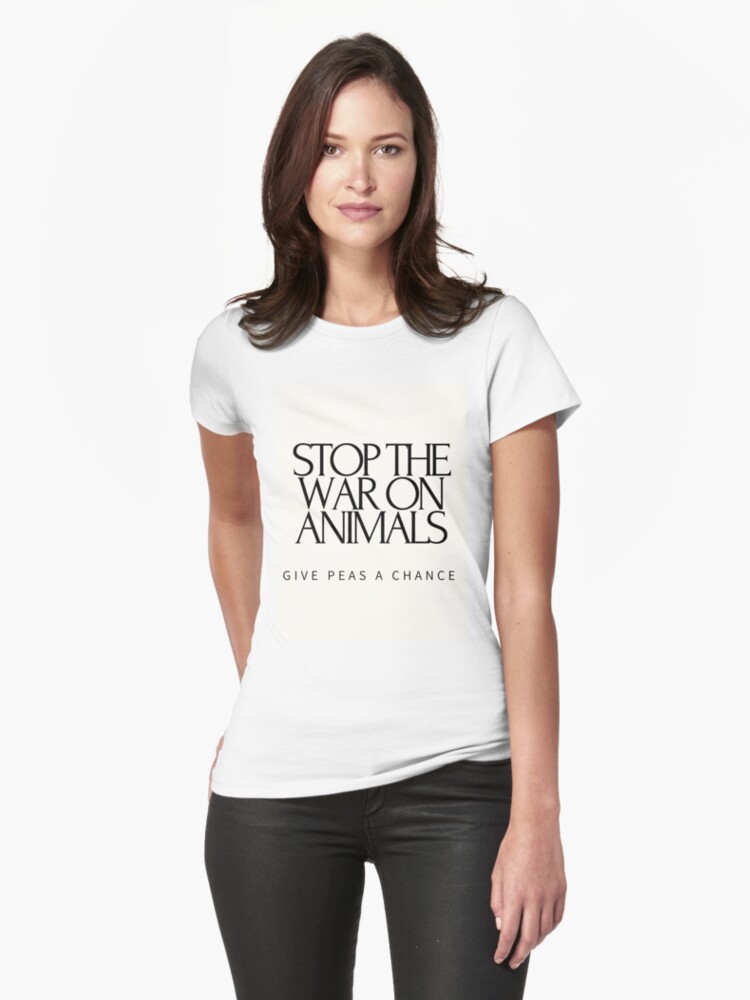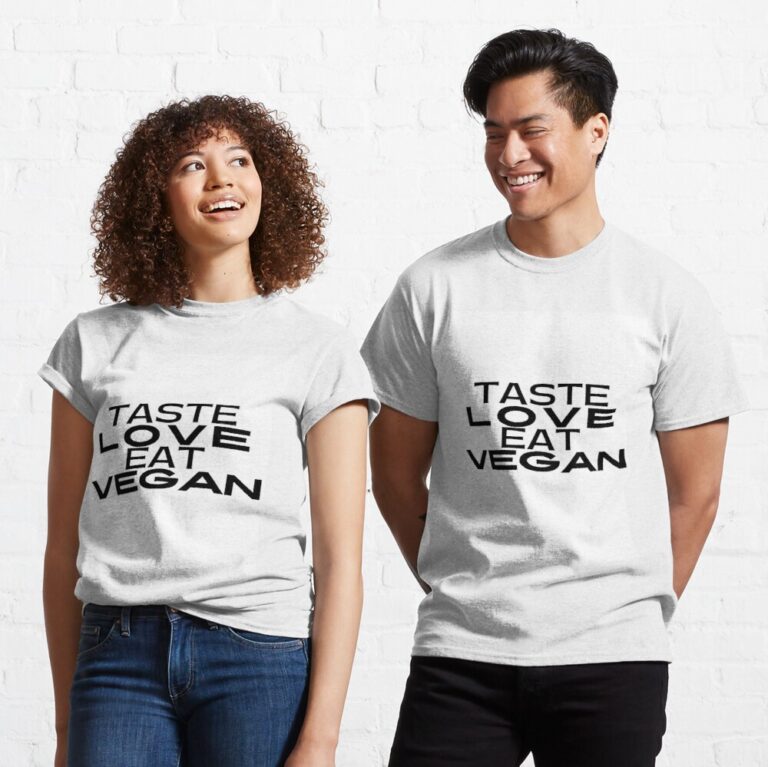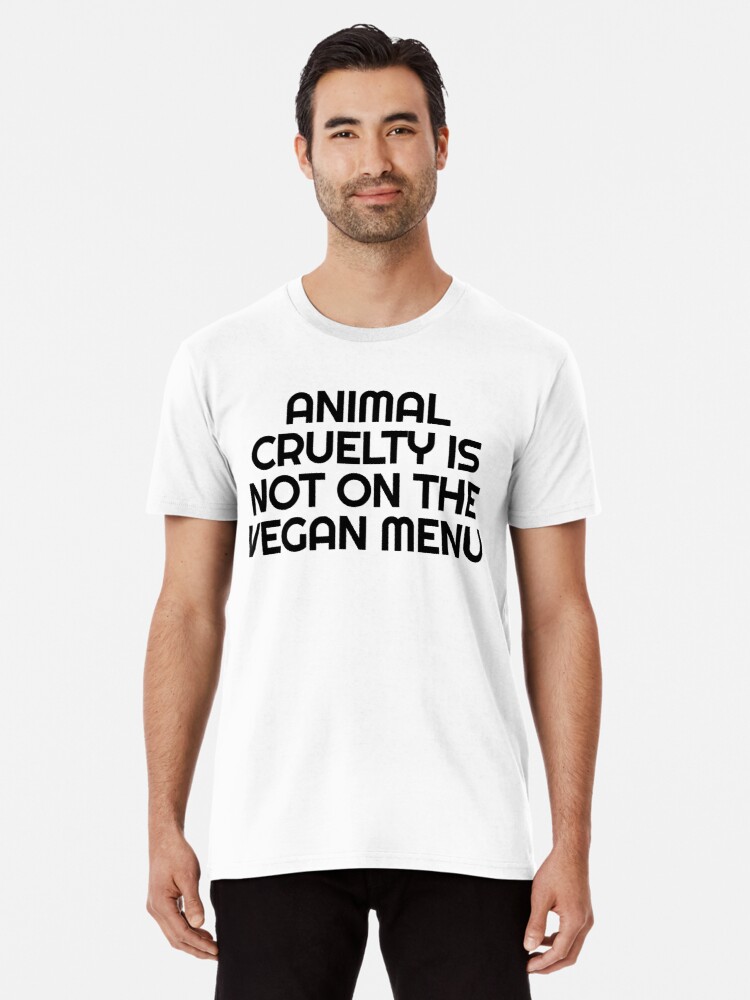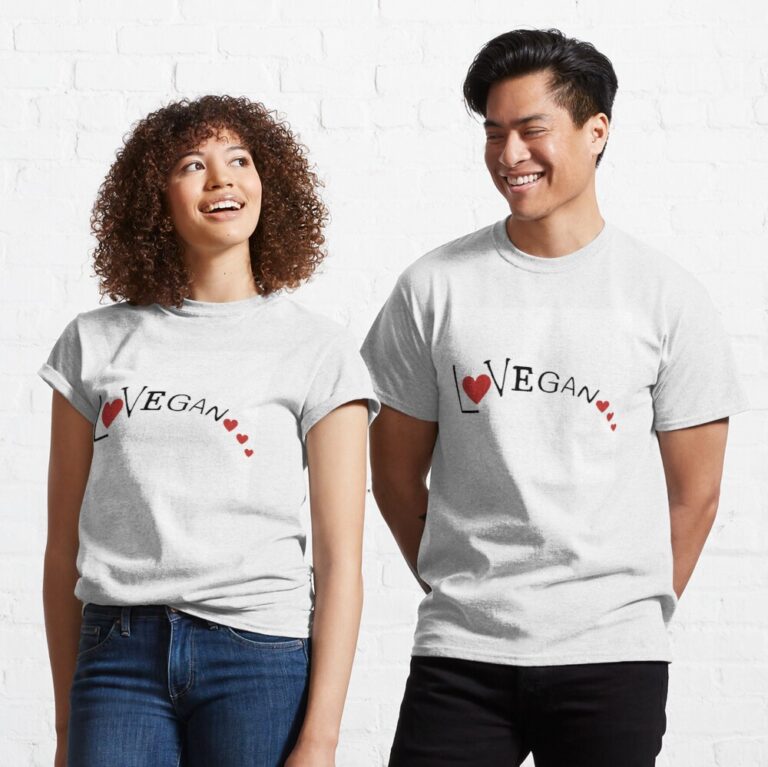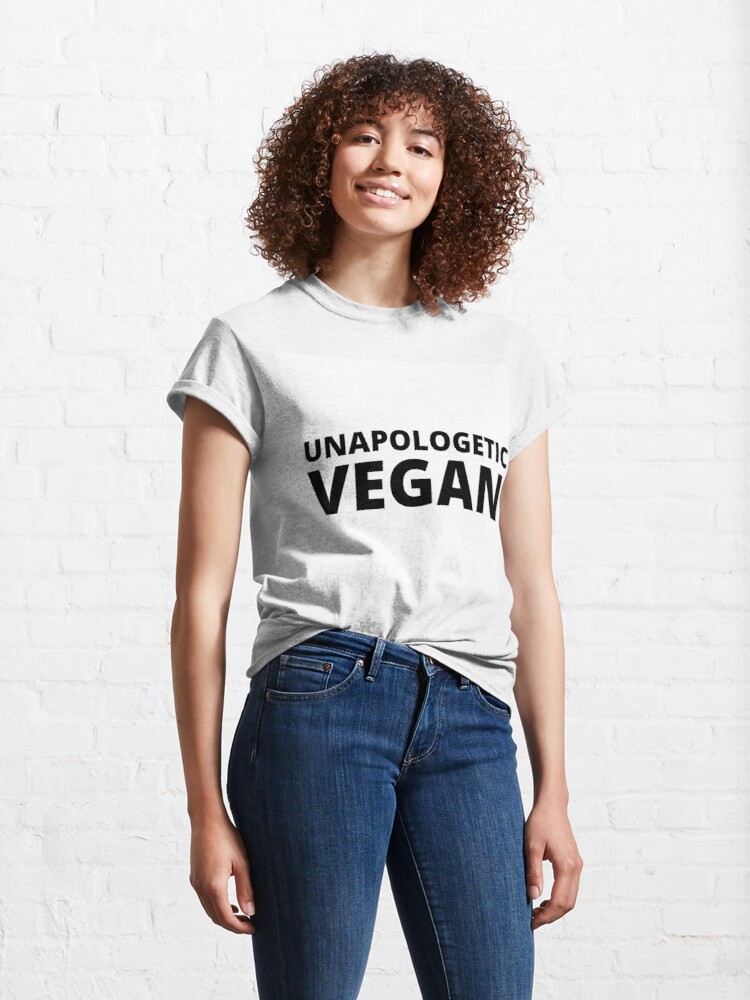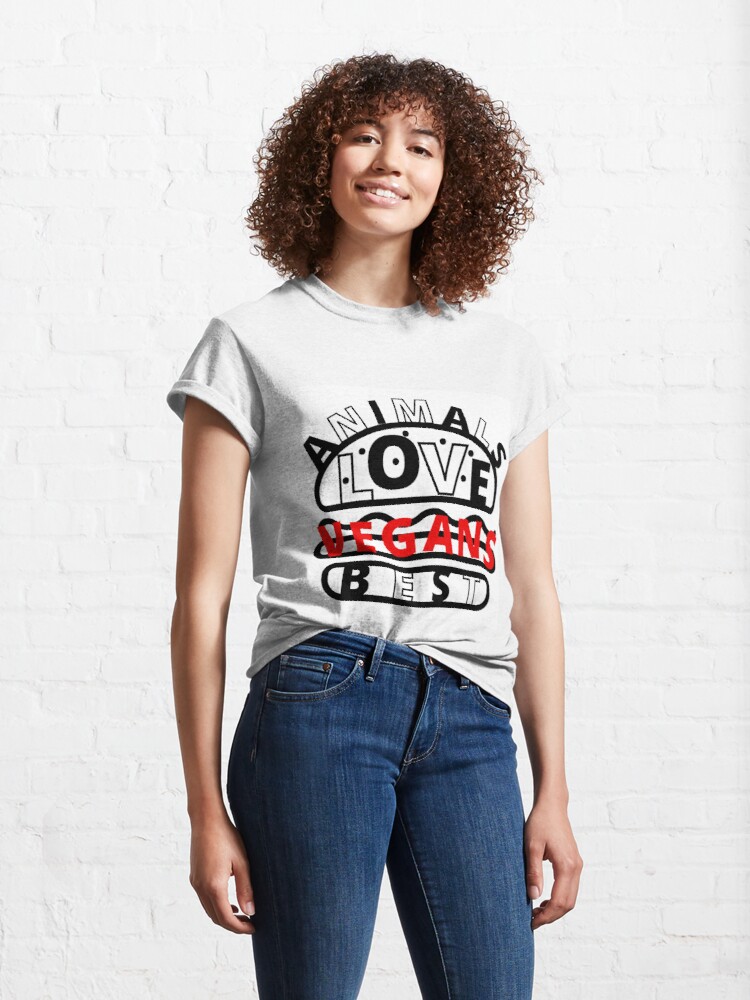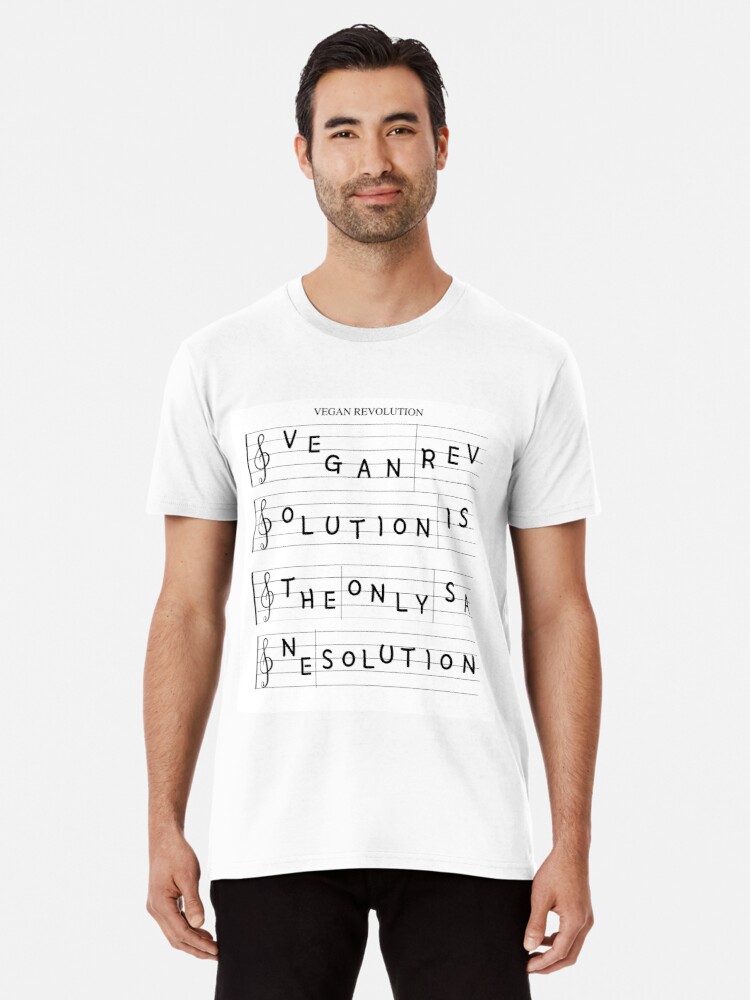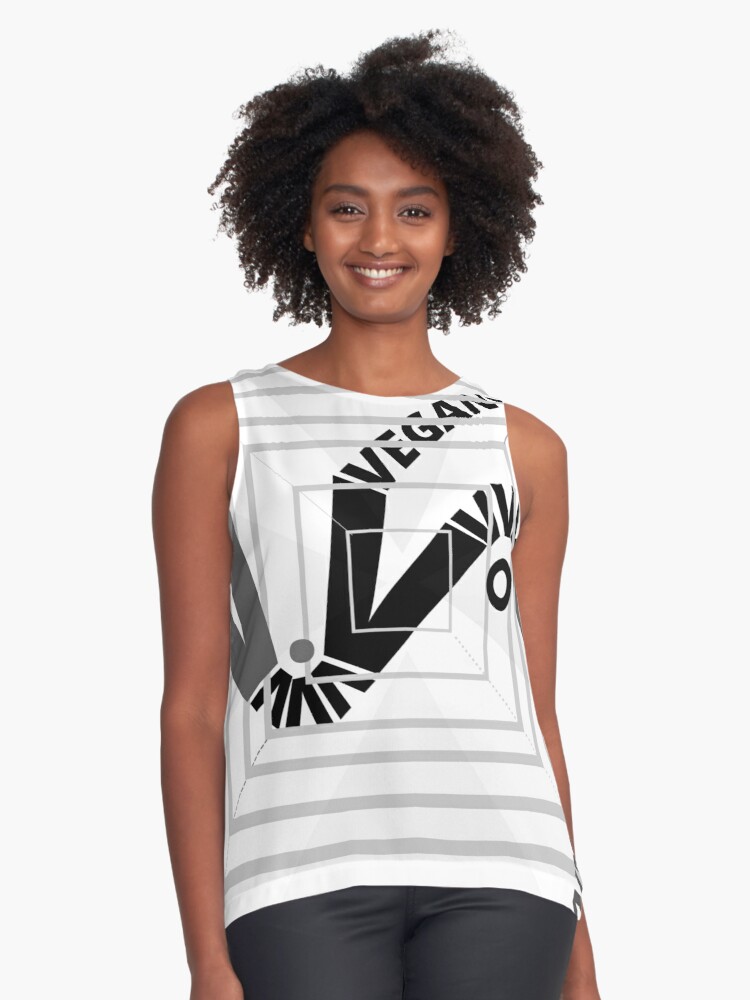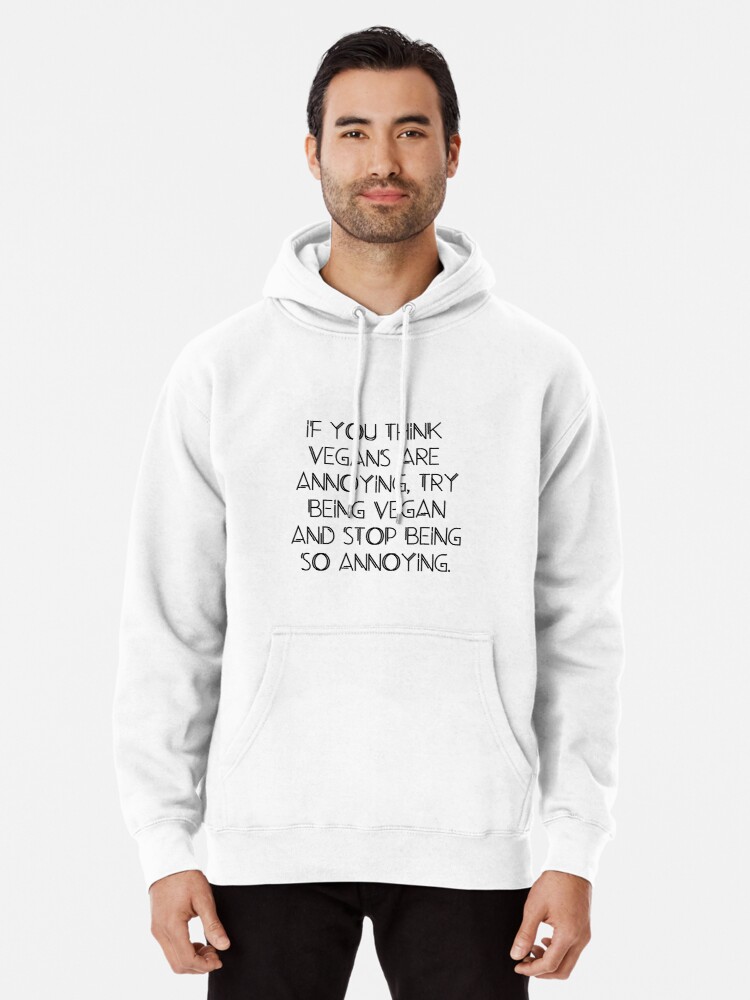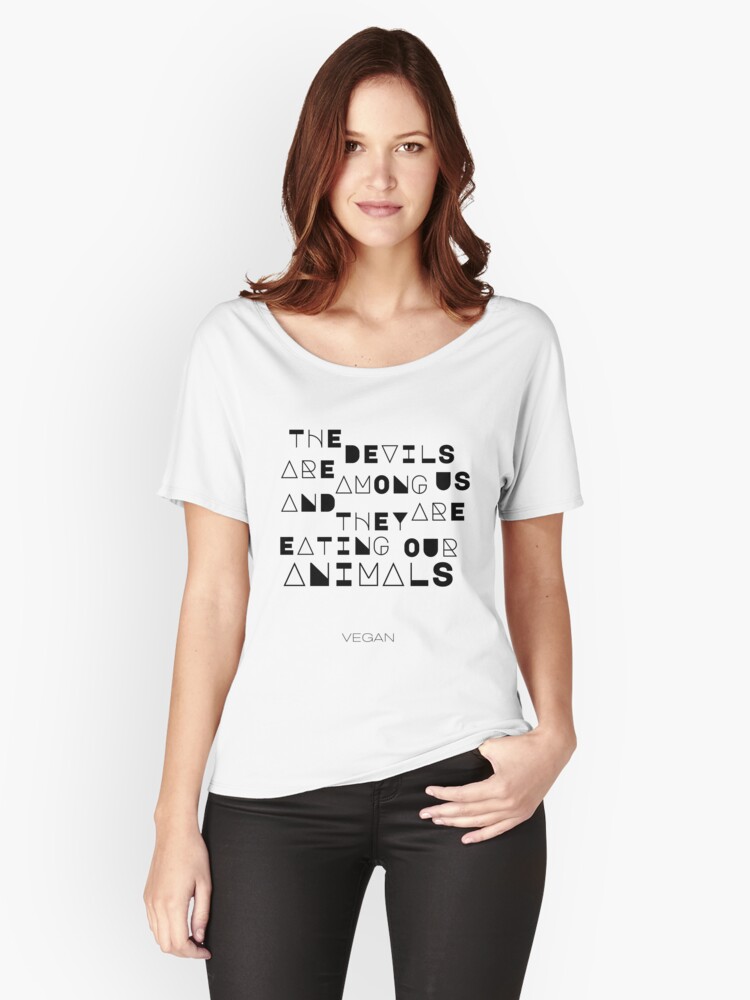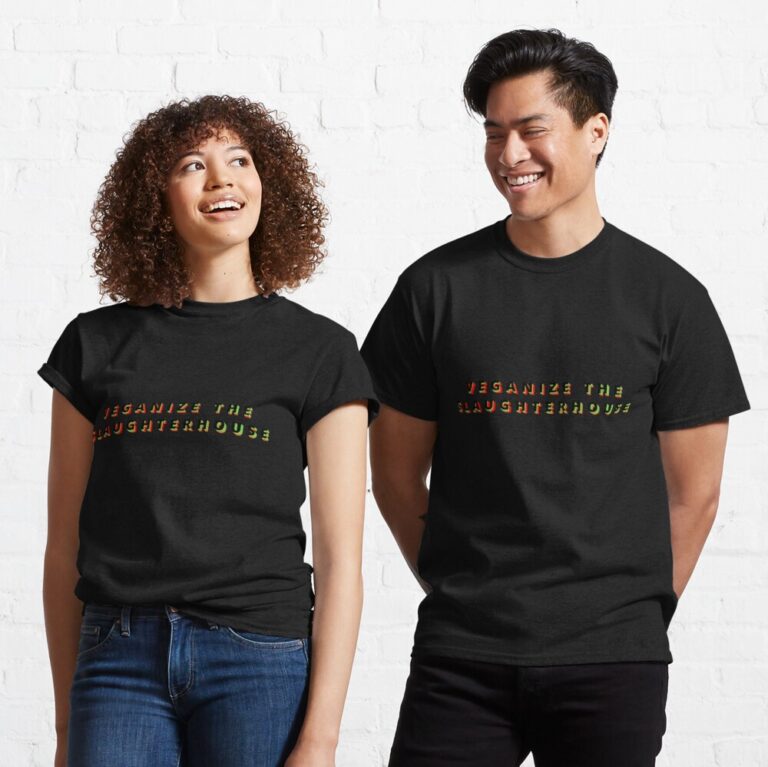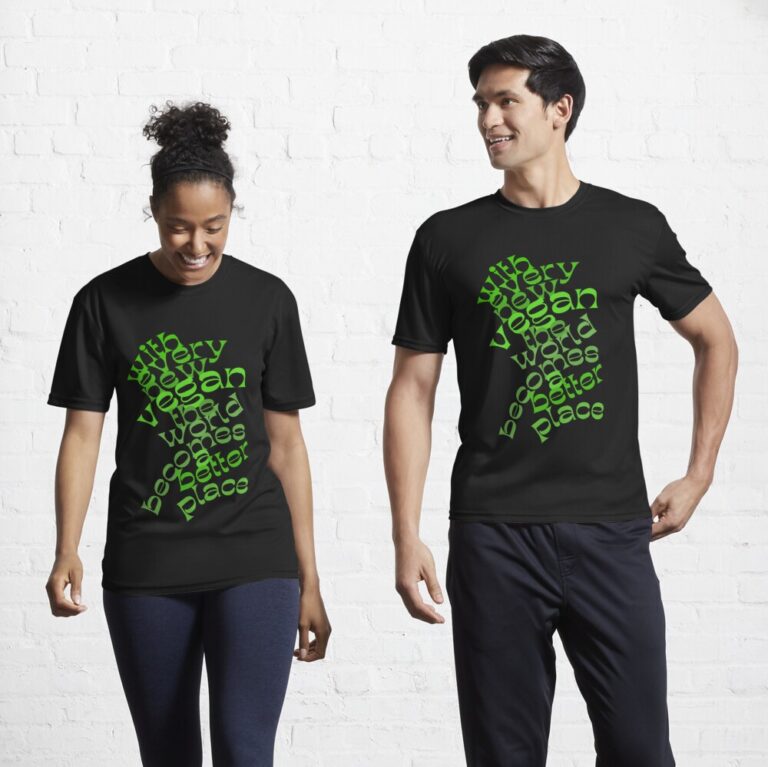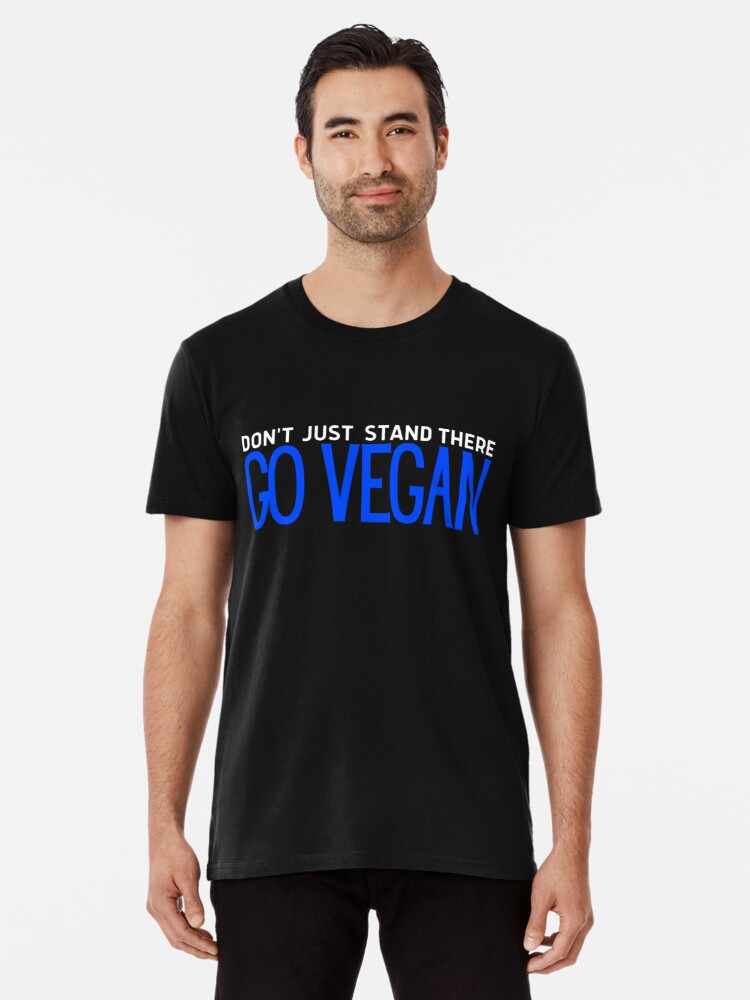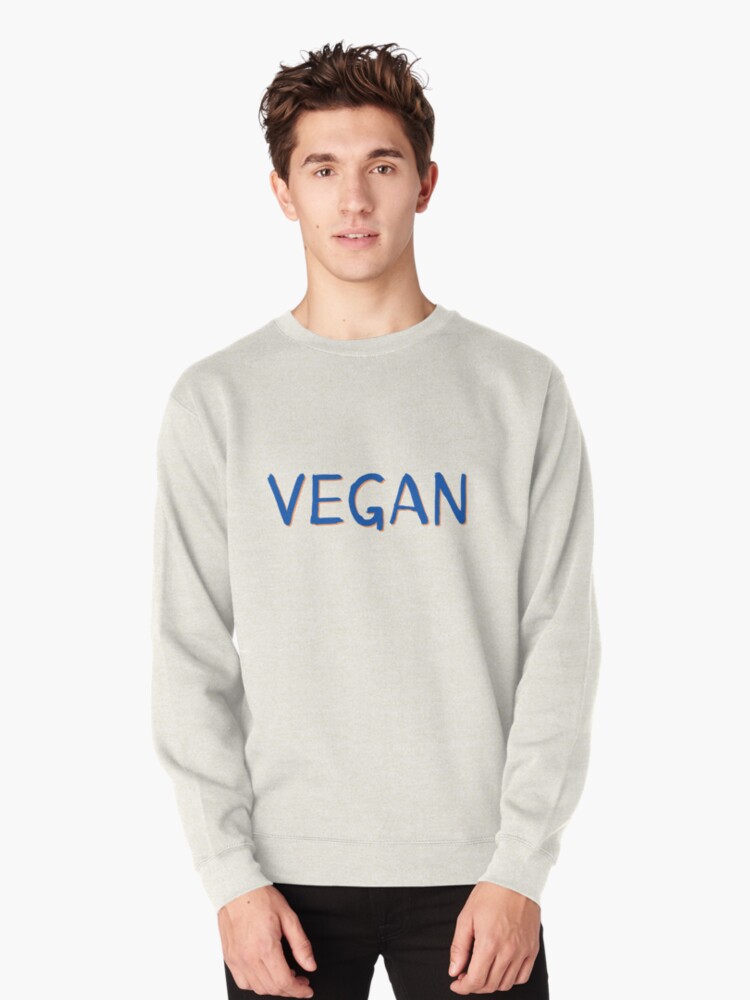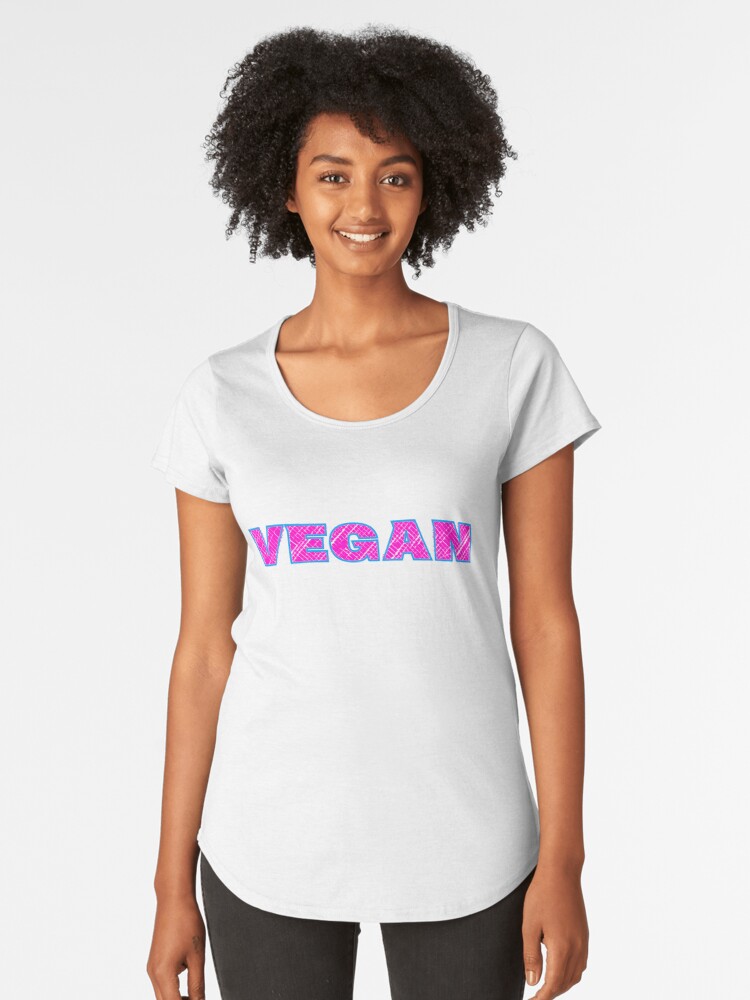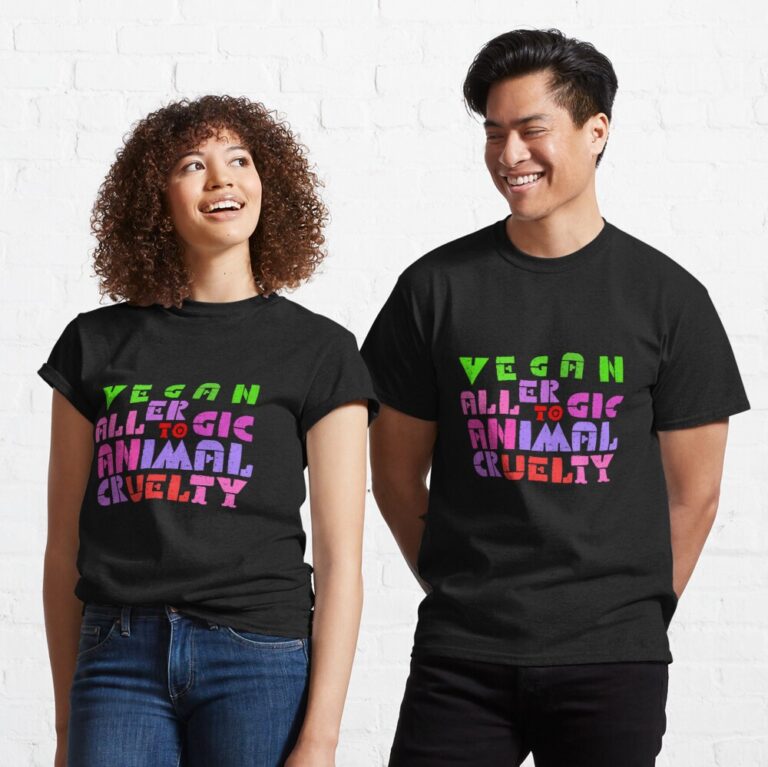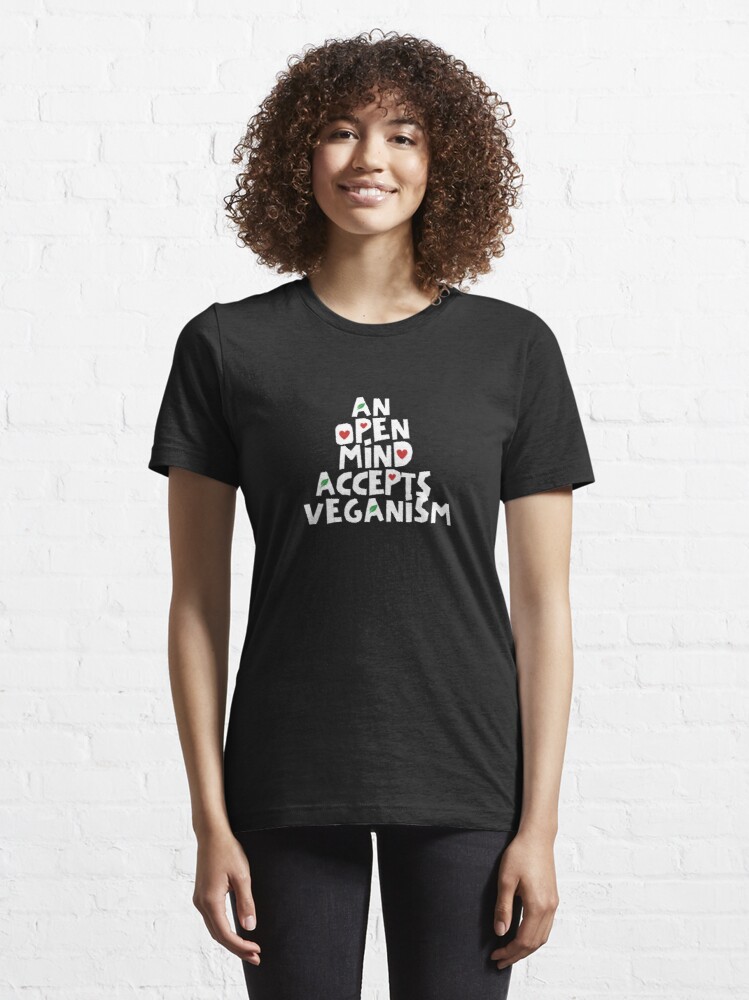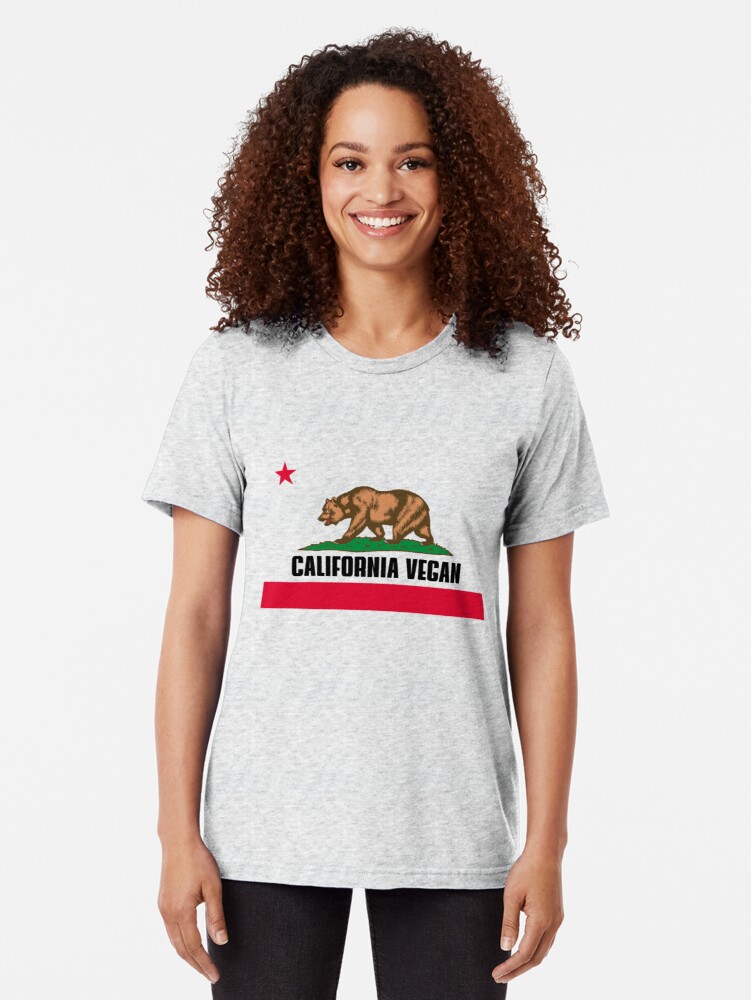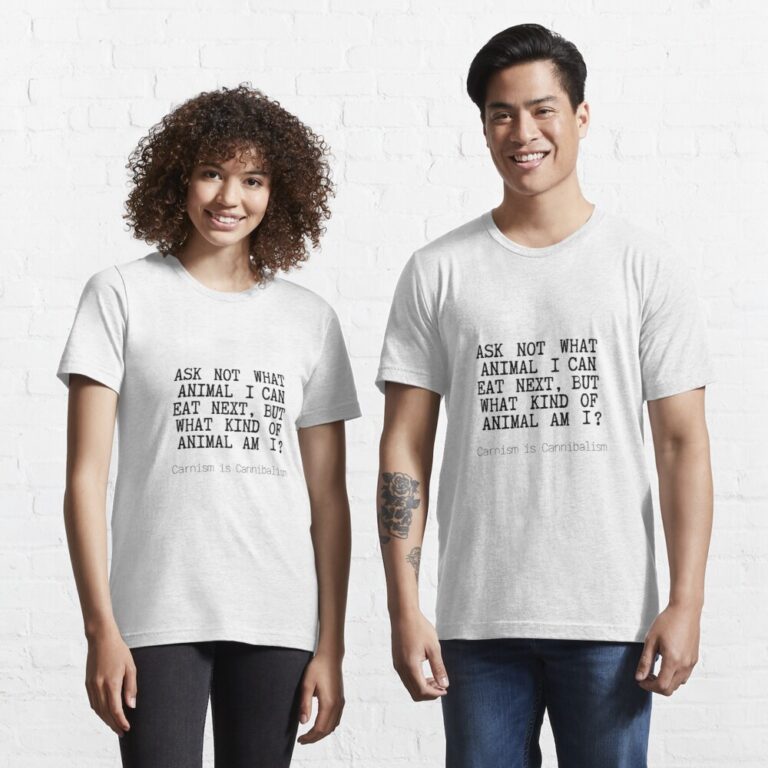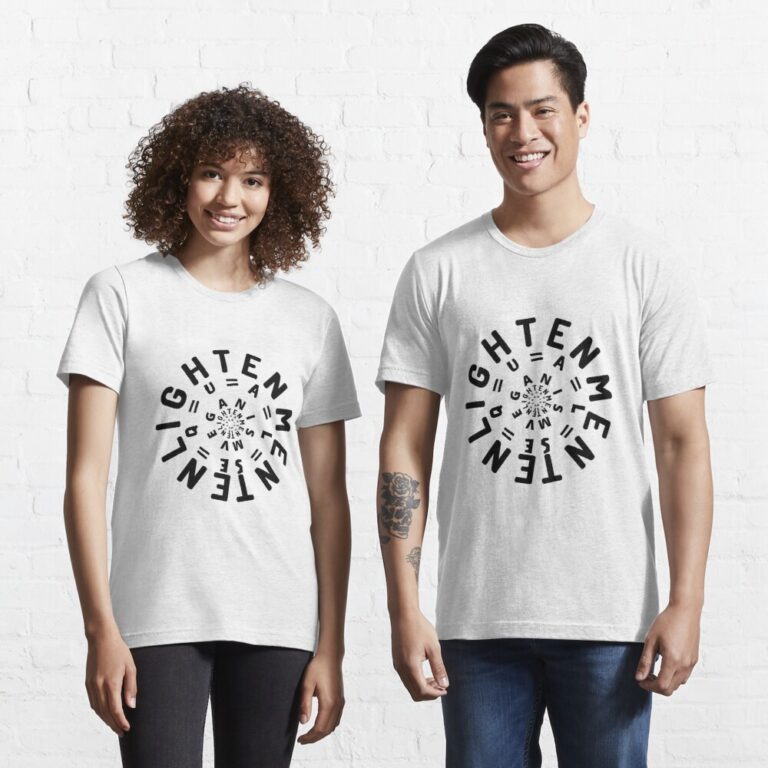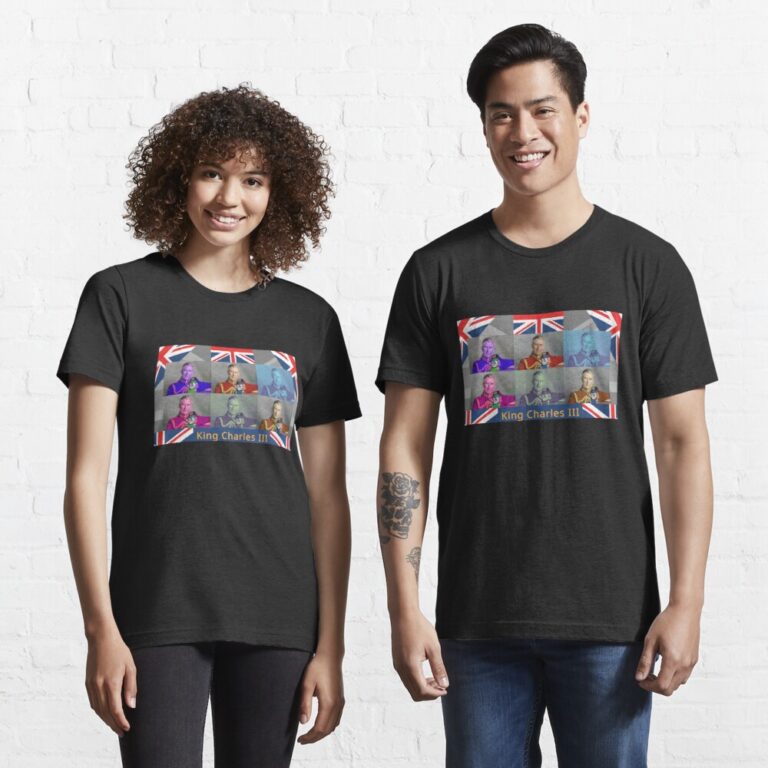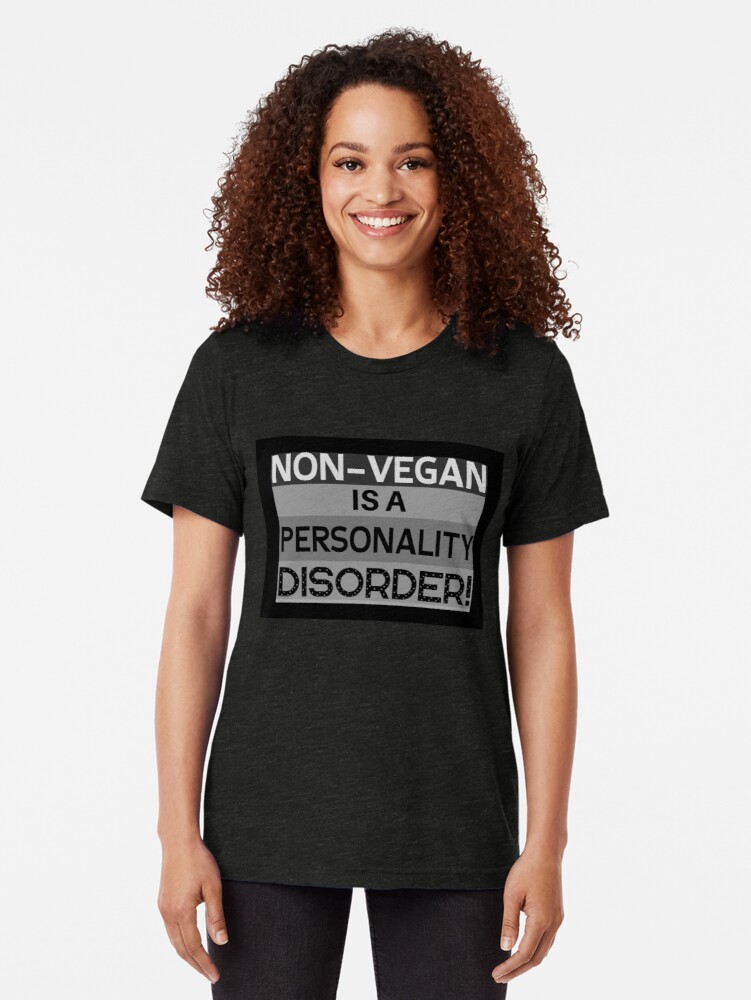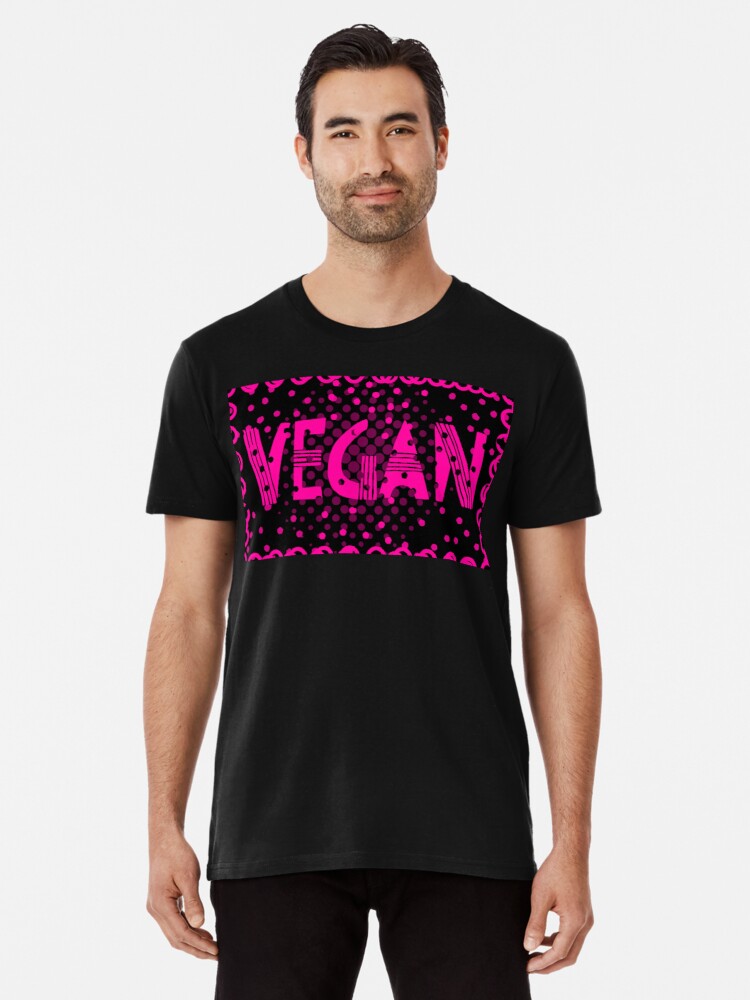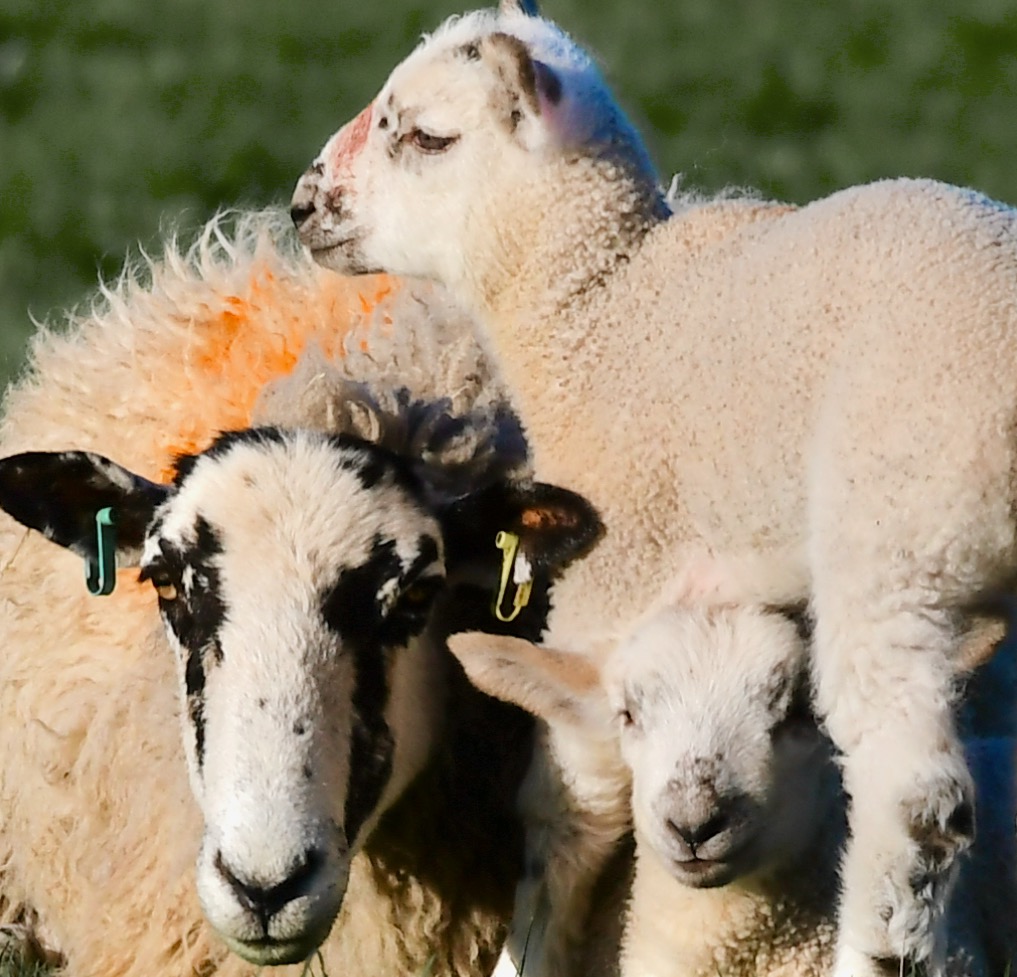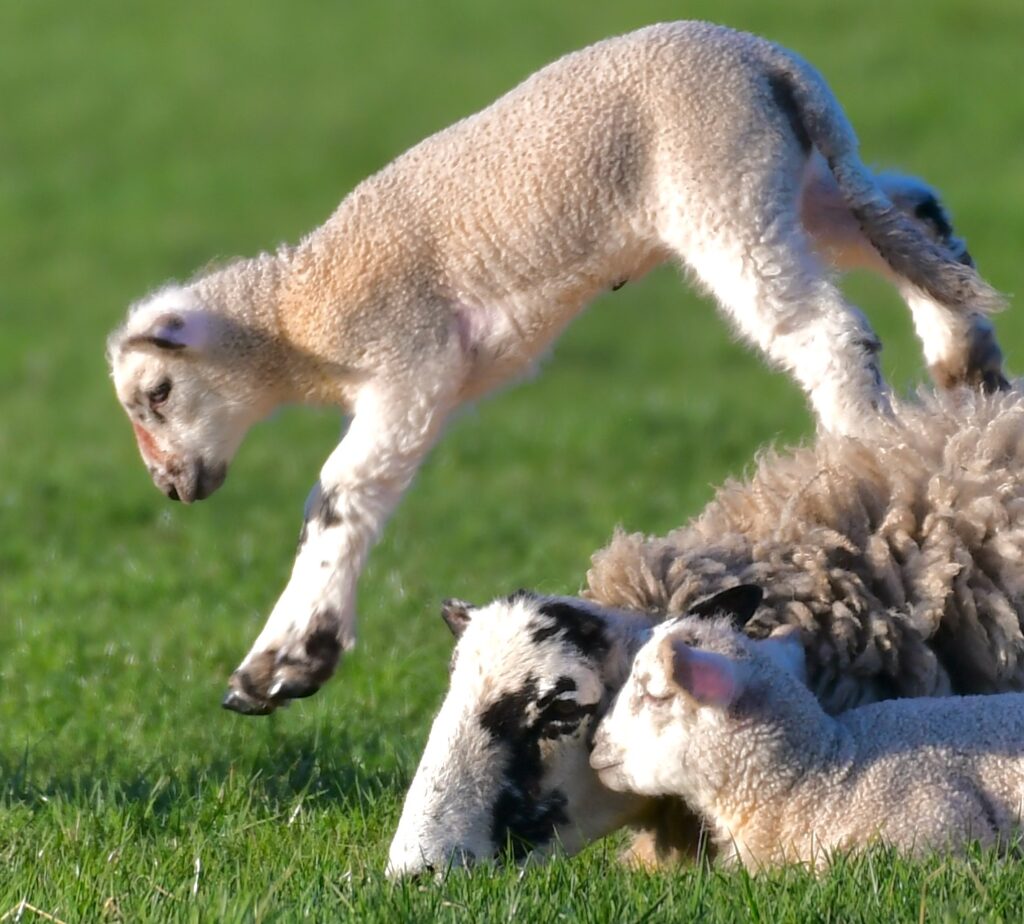Excerpt Three:
JUDITH CALLAS
After only three months working as a security guard at the Coop supermarket, the meat aisle had become her nemesis. She saw it as the next ‘house’ on from a slaughterhouse. It planted the seeds of nightmares, and trumpeted, clanging, gouging ambient emotions.
Judith Callas was not well, the illness, for which she will spend the rest of her life seeking a cure, gripped her with an insidious, wormy, bacterial truth. She imagined poor innocent flesh, muscles still rippling, trying to escape death after the fact. It angered her when people grabbed bottles of milk, apologising for the plastic, but not for their part in tormenting the mother whose babies were removed and shot in the head so men, and women, who should know better, could steal their dead baby’s milk.
Judith reasoned that the bovine mother would never bring a child into this world; a world of human arrogance, greed and barbarity, if she could help it. The cow argued back; citing the potential of hope that life ultimately presents. Judith thought, but didn’t say, in reflex—you think cows have any hope in life? Instead she replied that she wasn’t really talking about cows, she would not presume to; she was merely using the metaphor, or analogy, to relate to her own innate mis-wired maternal programming, which confused Judith into dropping the subject.
Sounds from her childhood clattered about in Judith’s mind. The sound of distraught mothers crying out. And even louder; the silence of their dead babies. Her condition was endurable while she’d considered herself abnormal, unreasonable, but as truth’s insulating layers pealed back, revealing what she already knew, it led down a self-destructive path.
She suffered from a surplus of truth. Her pain-wracked displeasure would never have any effect on people’s inability to show, even unfocussed, learner-level compassion; their impenetrable ignorance and deeply loving relationship with bullshit and lies of convenience would prevail. There was no way out under the current regime of her mindset.
‘I quit,’ she heard herself saying, which came out sounding like a badly executed imitation of a US TV programme, after the store manager told her she had to clear up the blood from a spillage in the demon-dwelling meat aisle. Horror movie music played in the gothic cathedral of her mind…the abomination of a prematurely deceased lamb’s flesh, crawling with maggots and riddled with cancer. She hated herself for saying ‘I quit’ in that way, it lacked originality. But once uttered, the wheels of fate snicked into gear, the engine of her existence thrummed in the parking lot; while she sat in the log-jammed car park trying to rectify the demolished day with a cow’s potential of hope.
She’d promised to get help, to keep a boyfriend she didn’t want anyway. She walked out mid-spiel, when the doctor spoke from an outdated script about the miracle-cure of meat.
In an attempt to get the boyfriend she didn’t want, back again, Judith sought psychological help. The consultant concluded that Judith was in a pile at the bottom of life’s rock-face and she needed to climb up it before she could breathe the same mental air as the well-adjusted. She felt bad about not buying the psychologist’s volume of psycho-poetry, but she couldn’t buy anything from anyone who paid for the killing of defenceless, innocent animals.
‘Do you realise, we could both make something from this. I have scanned the literature and I don’t believe what you are struck with is a thing, but we can make it a thing, do a deal in roll out, maybe call it Monbiot-Callas disorder: the dangerous conflation of animal and human.’ Dr. Monbiot had said. But the once in a lifetime offer was withdrawn after she’d walked out when the consultant, sitting on a couch made from animals who had been skinned, limbs hacked off, while still conscious, made the preposterous claim that ‘Animals don’t have minds or souls.’
She read a book which described her symptoms: Vystopia in the Theatre of the War Against Animals, and her mind’s pieces slotted together to create a picture: a gothic, open sewer of existential angst. Peace-Keepers at the Warfront of the Animalian Interface by Marcus Godstrand, which her hanging-in-there; dangling-madly-out-the-window-boyfriend recommended, delineated a way forward. The Vystopians were like her; people struggling with optimism, taking life as some kind of punishment because of the gruesome food choices of others: loved-ones, friends, acquaintances, role-models, leaders; more or less everyone… She needed to locate and befriend these ancient/progressives; oddballs with big balls, as the books variously described them. The next day, the boyfriend she didn’t want anymore had gone missing. Judith was wondering where Atoll was with a forbidding ache. She let herself in and sniffer-dogged the flat from one end to the other and back again. She had been mightily suspicious, but now she was quakingly suspicious. Her life was on hold until Atoll walked through the door and explained what the crap he had been doing all night, or he was reported dead. She wondered how that would look… Most possibilities involved her as the catalyst of his grim demise.
